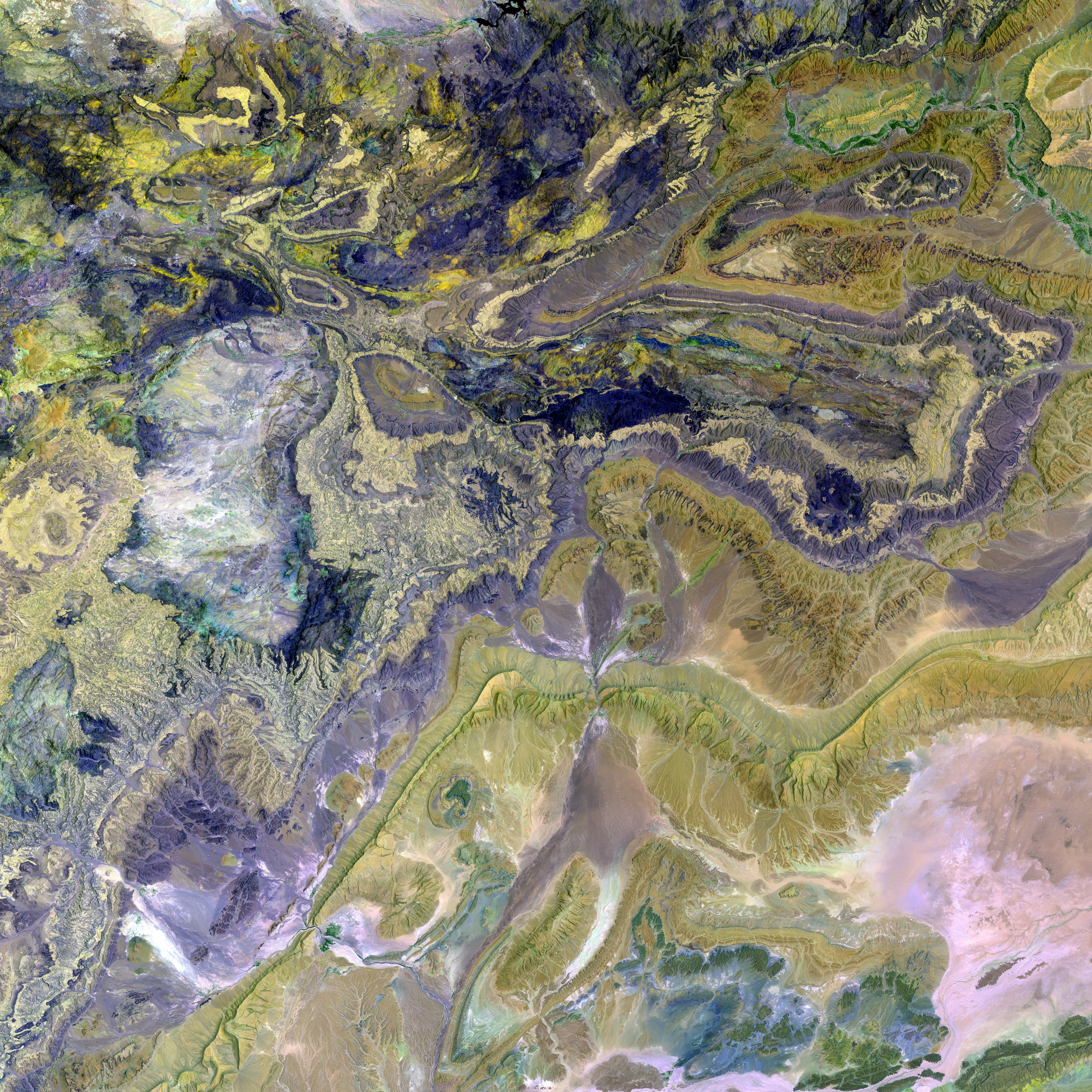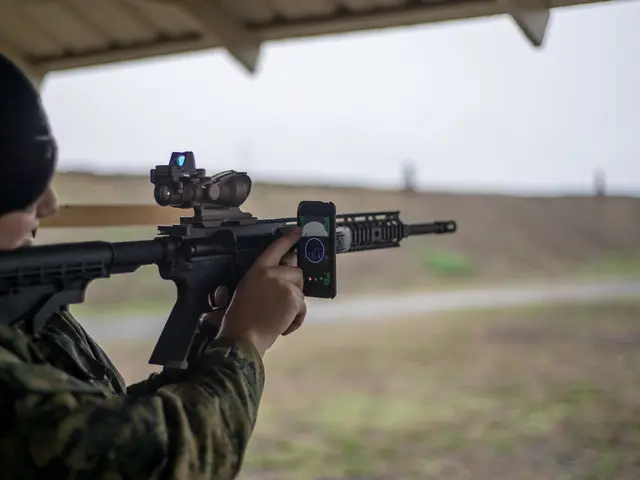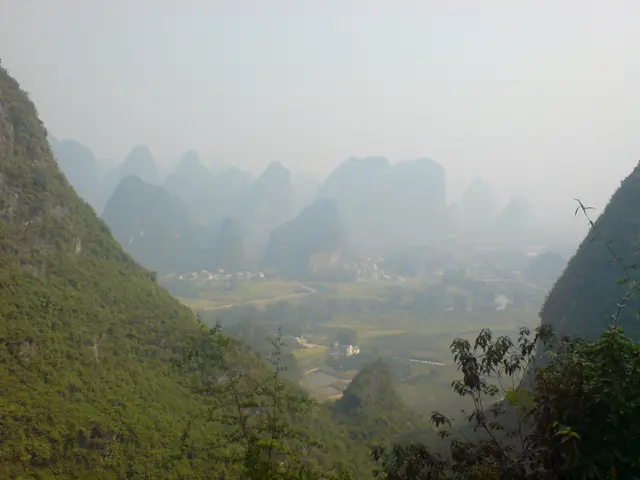Opposition parties in Uganda decry severe suppression tactics before the 2026 elections, expressing their concerns.
Uganda, bracing for a general election in January, is expected to extend President Yoweri Museveni's 40-year rule, as the political landscape basks in escalating authoritarianism, systemic violence, and allegations of state-sponsored repression against opposition figures.
The 2021 elections were marred by widespread reports of irregularities and severe violence from security forces, which Museveni claimed as results of "indiscipline" and "laziness." In more recent events, the US-based Holocaust Memorial Museum has issued a warning of potential mass atrocities surrounding the 2026 election.
Friday witnessed the raiding of Bobi Wine's opposition National Unity Platform (NUP) headquarters in Kampala. The opposition used this HQ to launch a campaign to encourage voters to oppose the government and defend their democratic rights. Wine revealed the abduction of his bodyguard, Edward Sebuufu, by armed men associated with the Special Forces Command, Uganda's army elite unit. Notably, Gen. Muhoozi Kainerugaba, Uganda's military chief and the son of President Museveni, confirmed Sebuufu's abduction and threatened further action against Wine.
The NUP's secretary-general David Lewis Rubongoya emphasized that the police initially denied any responsibility for Sebuufu's disappearance. Authorities accuse the NUP of inciting violence and posing a threat to public safety by staging illegal gatherings. Conversely, Wine asserts that "the NUP has become accustomed to provoking violence, blocking roads, and sowing chaos among the population," with peaceful activities being met by police firing and roadblocks.
Historically, Museveni's regime has been the culprit of repressing opponents, including former presidential candidates Kizza Besigye and Wine [pseudonym Robert Kyagulanyi]. Wine was repeatedly arrested multiple times in 2021, 2023, and 2024 during his presidential campaigns. Besigye, a long-term political rival of Museveni, has been detained for nearly five months on alleged treason charges.
In an attempt to stifle opposition, the ruling regime has been accused of using military courts to prosecute opposition leaders and supporters, casting politically-motivated charges upon them, allegations that the government denies. The ongoing saga of kidnappings has taken the lives of more than 2,000 activists since 2021, with 18 individuals still unaccounted for according to the NUP.
Uganda plans to implement a law that brings military trials for civilians, as they hold their internal elections this spring. Approximately two million officials are to be elected on May 6, followed by the candidate selection process for the 2025-2026 general election. The youth council elections are scheduled across Uganda on June 12, as part of the broader roadmap for the 2025-2026 general elections, as outlined by the Ugandan Electoral Commission. These elections are designed to grant young Ugandans the opportunity to participate in governance.
Amidst the contentious elections, it is essential to remain vigilant and informed, acknowledging the escalating repression and state-sponsored violence that have permeated Ugandan politics for decades.
- The 2021 elections in Uganda, similar to the upcoming 2025-2026 general elections, are expected to continue President Museveni's rule due to escalating authoritarianism, with international concerns over potential mass atrocities.
- Bobi Wine, the leader of Uganda's National Unity Platform (NUP), has faced state-sponsored repression, including the abduction of his bodyguard, Edward Sebuufu, by Uganda's Special Forces Command.
- Wine's opposition campaign in Africa, encouraging voters to oppose the government and defend democratic rights, has been met with allegations of incitement of violence and posing a threat to public safety by authorities.
- In the contemporary political landscape, Uganda is planning to implement a law that permits military trials for civilians, a move that has raised concerns about war-and-conflicts, crime-and-justice, and human rights abuses.
- As the world follows the events in Uganda, it is crucial to stay informed about the ongoing political news, focusing on the widespread allegations of state-sponsored repression, the ongoingsaga of kidnappings, and the violence associated with the elections in Africa, specifically Uganda.









